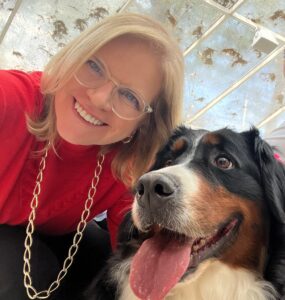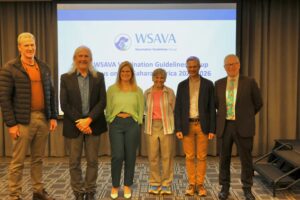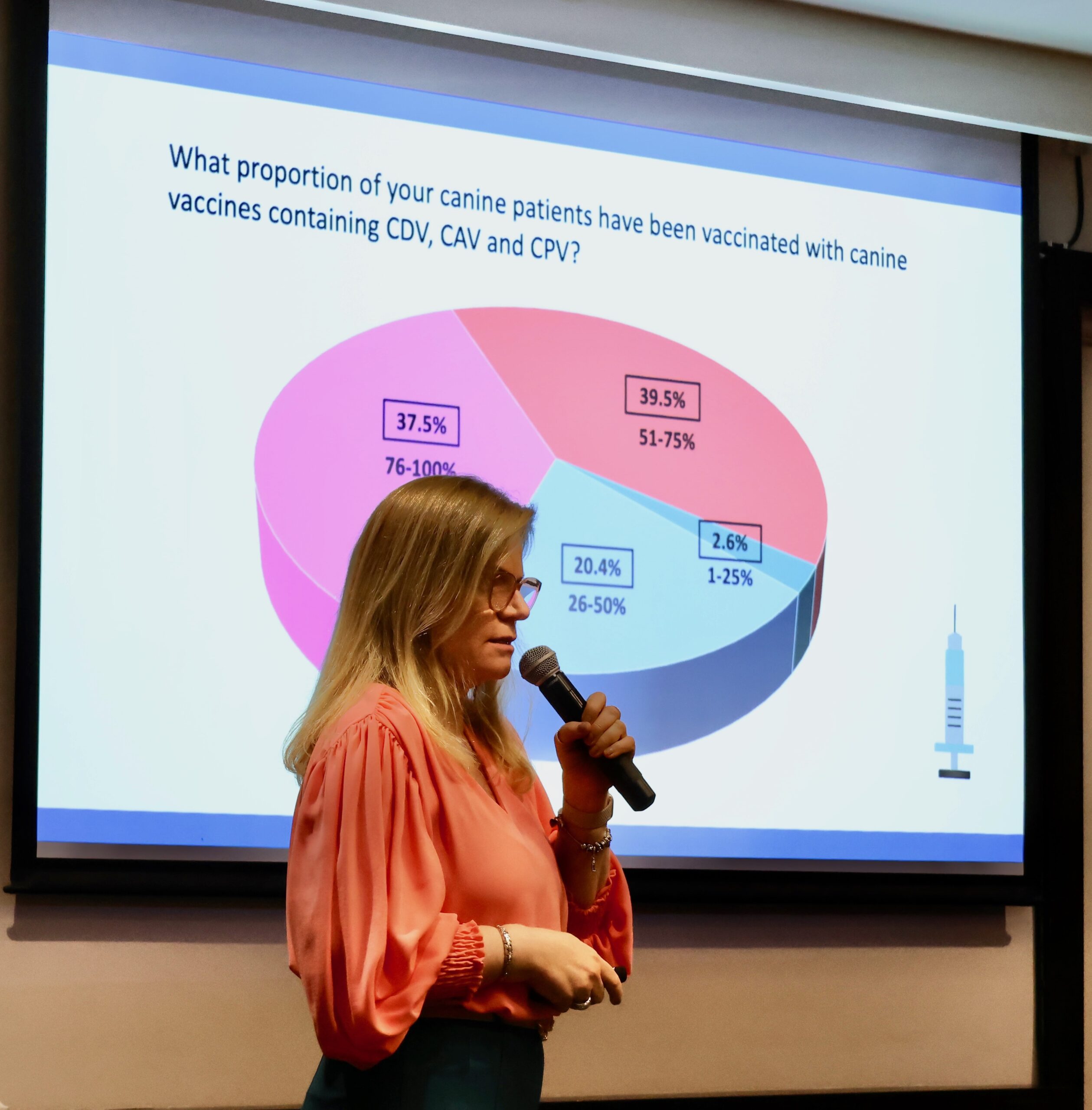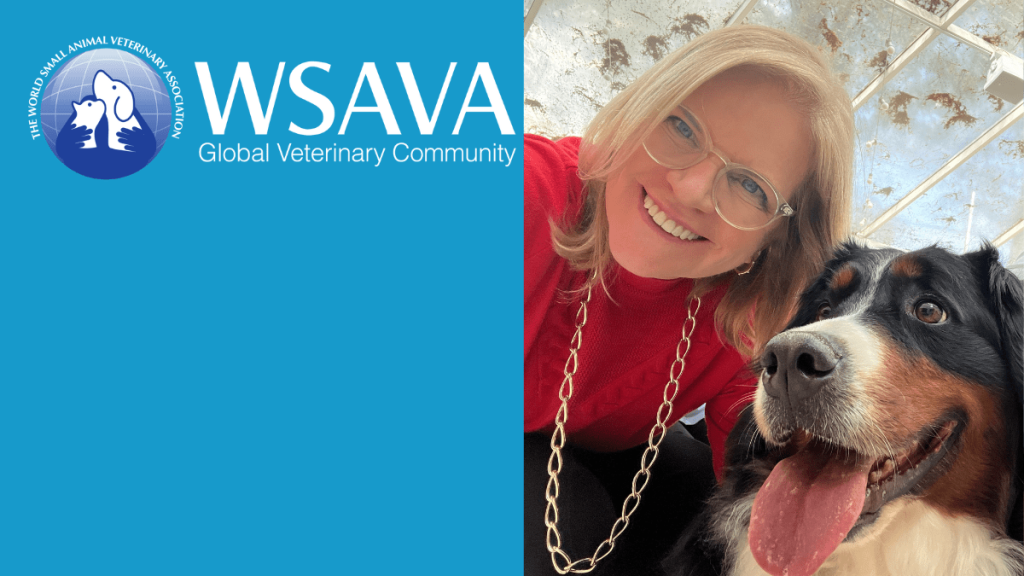hide
<>An expert in infectious diseases and vaccination practice and a long-term committee member of the WSAVA
h3
hide

Could you introduce yourself to our members?
I am a retired professor of small animal internal medicine and infectious diseases from São Paulo State University (UNESP) in Brazil.
Could you summarize your career?
I graduated as a veterinarian from the University of São Paulo (USP), Brazil, then completed a 2-year residency program in small animal internal medicine and surgery there. After finishing my MSc, I worked at São Paulo State University (UNESP) in Araçatuba, teaching small animal internal medicine and infectious diseases. I did my PhD at USP and held postdoctoral positions at USP Medical School doing research on leishmaniasis, and at Dr Janet Foley’s Laboratory in Infectious Disease, at UC Davis in the USA. I worked at UNESP for 26 years, from where I retired in 2018 as an Associate Professor and the Vice-Dean of the Faculty of Veterinary Medicine.
Following my retirement, I moved to São Paulo where I continue an active program of delivering continuing education in vaccinology and the management of infectious and vector-borne diseases in Brazil and other Latin American countries. My research focus is infectious diseases in cats and dogs.
You’ve been involved with the WSAVA for a long time. How did it all start?
When the VGG initiated a regional project in Latin America in 2016, Professor Michael Day invited me to join the group as a regional member. I was supposed to leave the Group at the end of the project but Professor Day invited me to join the VGG as a full member. In 2019, I became the Co-chair of the Scientific Committee, together with Dr Frédéric Gaschen, but I stood down in 2022 to dedicate my time to the VGG. I have been a board member of the WSAVA Foundation’s AFSCAN project since 2020.
 Why is the VGG’s work is so important?
Why is the VGG’s work is so important?
Our Global Vaccination Guidelines, together with those from other expert groups, emphasize the importance of moving away from the ‘one size fits all’ practice vaccination policy, to considering maternally derived antibodies interference; the duration of immunity of different vaccines and infectious disease risks, adapting vaccination needs to the individual. This approach has been adopted in many countries prompting industry to develop vaccine formulations aligned with these recommendations, including individual or restricted component products and core vaccines with a 3-year duration of immunity.
This has not yet happened in Latin America. However, while Latin American countries traditionally followed a yearly vaccination practice for all animals, with vaccines containing up to 12 core and non-core antigens, we have observed positive changes in response to our regional project, particularly in Brazil, where veterinarians have adjusted their protocols, especially for puppies and kittens, based on our recommendations.
The VGG is launching an updated version of its Global Vaccination Guidelines later this year? What should members expect?
Yes, we submitted the manuscript to the Journal of Small Animal Practice in June and it may be published before WSAVA 2023 in Lisbon in September. The 2023 update introduces several noteworthy changes. These include a revised definition of ‘core’ vaccines; the addition of a new section addressing maternally derived antibodies; a discussion advocating for the vaccination of puppies and kittens with selected core vaccines at 26+ weeks of age, rather than waiting until 12-16 months; updated sections on vaccine types and vaccines in shelters and sanctuaries, and an expanded list of frequently asked questions.
hide
Our Global Vaccination Guidelines, together with those from other expert groups, emphasize the importance of moving away from the ‘one size fits all’ practice vaccination policy, to considering maternally derived antibodies interference; the duration of immunity of different vaccines and infectious disease risks, adapting vaccination needs to the individual.
This is the author
hide

medium
contain
hide
Tell us a bit a little about the project the VGG is embarking on in Sub Saharan Africa and what you hope the benefits will be
The four-year project began in May 2023 with visits to Pretoria and Cape Town in South Africa. We will visit Kenya in 2024 and Ghana and Nigeria in 2025. Ahead of each visit, we release a questionnaire to gather insights from practitioners regarding infectious diseases and the vaccination of dogs and cats. We will also distribute the questionnaire in countries that we are unable to visit as part of the project.
During our visits, we meet with a range of professionals, including practitioners, representatives of small animal veterinary associations, academics, veterinarians working for the vaccine industry and government officials responsible for the assessment and licensing of small companion animal vaccines and rabies control. These visits are essential in helping us to develop recommendations for best-practice vaccination of dogs and cats in the region.
One of the aims of our project is also to deliver continuing education (CE) so, in each city we visit, we provide a half-day of CE consisting of lectures and written notes. At each event, the results of the national questionnaire survey are presented.
What do you enjoy doing outside work?
Outside work, my hobby is photography. I have a deep passion for travel and discovering new places, immersing myself in different cultures and landscapes, while documenting the beauty I encounter along the way.
hide
hide

